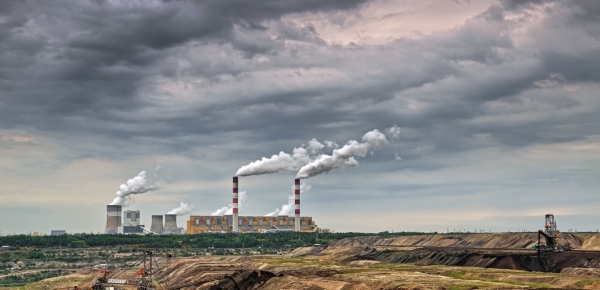The warming during the summer months in Europe has been much faster than the global average, shows a new study by researchers at Stockholm University published in the Journal of Geophysical Research Atmospheres. As a consequence of human emissions of greenhouse gases, the climate across the continent has also become drier, particularly in southern Europe, leading to worse heat waves and an increased risk of fires.
According to the UN's Intergovernmental Panel on Climate Change (IPCC), warming over land areas occurs significantly faster than over oceans, with 1.6 degrees and 0.9 degrees on average, respectively. It means that the global greenhouse gas emissions budget to stay under a 1.5-degree warming on land has already been used up. Now, the new study shows that the emissions budget to avoid a 2-degree warming over large parts of Europe during the summer half-year (April-September) has also been used up. In fact, measurements reveal that the warming during the summer months in large parts of Europe during the last four decades has already surpassed two degrees.
“Climate change is serious as it leads to, among other things, more frequent heat waves in Europe. These, in turn, increase the risk of fires, such as the devastating fires in southern Europe in the summer of 2022,” says Paul Glantz, Associate Professor at the Department of Environmental Science, Stockholm University, and main author of the study.
Read More: Stockholm University
Photo Credit: Tomasz Matuszewski/Mostphotos


